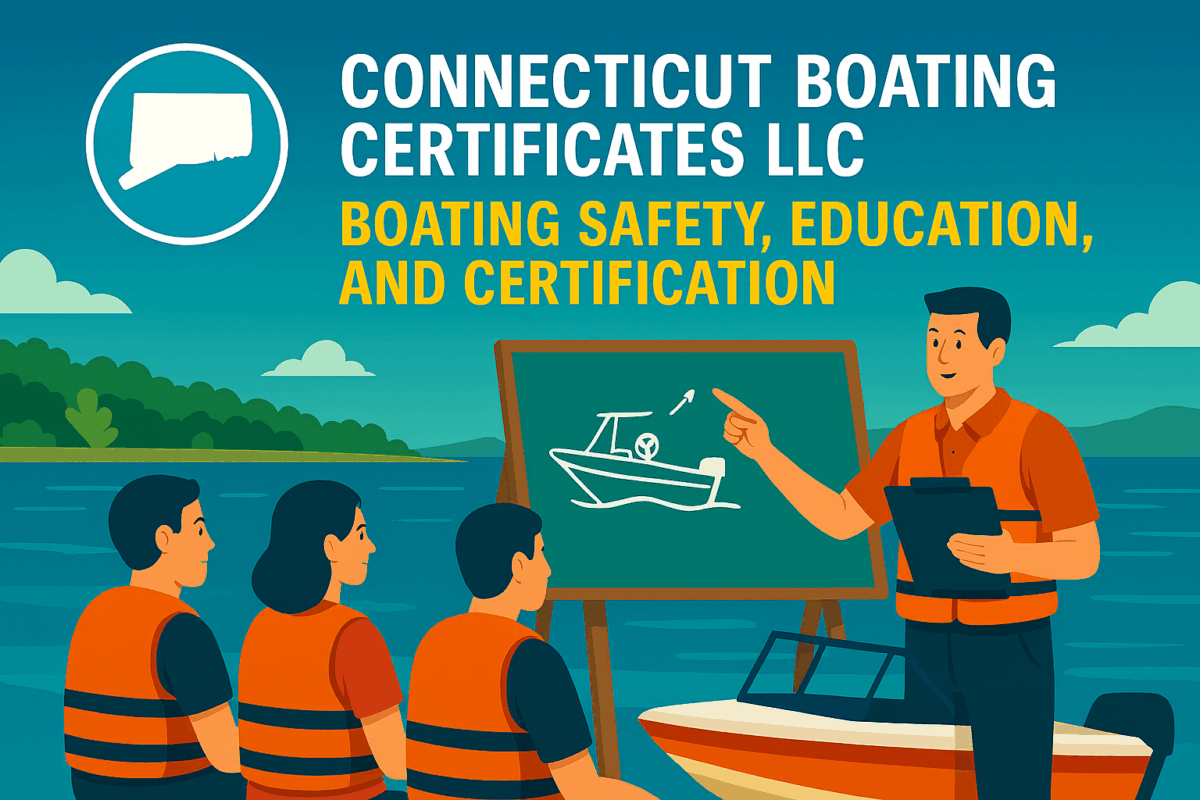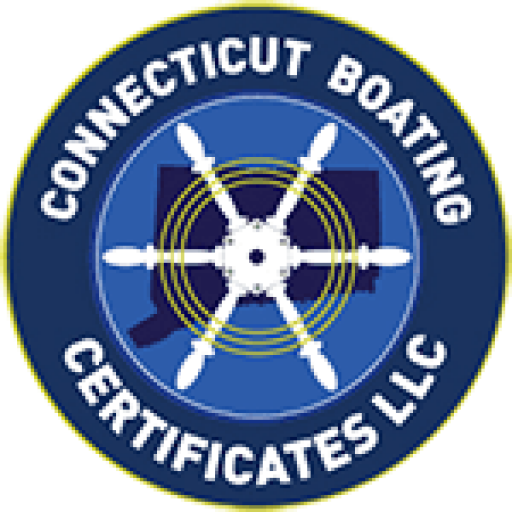Call: 1-800-832-7191

Human Error and Boating
Human Error and Boating: The Leading Cause of On-Water Accidents
Understanding Human Error and Boating is essential for reducing accidents and improving safety on the water. Because most boating incidents result from operator mistakes, awareness and training are critical. The U.S. Coast Guard consistently identifies human error as the top contributing factor in recreational boating accidents.
Common Mistakes That Lead to Trouble
Many accidents occur due to inattention, excessive speed, or poor decision-making. Although conditions may seem safe, distractions can quickly lead to danger. For example, failing to maintain a proper lookout often results in collisions. Additionally, alcohol use impairs judgment and reaction time. Therefore, boaters must remain alert and sober at all times.
How to Minimize Risk
Boaters can reduce risk by completing a certified safety course. These programs teach navigation rules, emergency procedures, and equipment requirements. Moreover, checking weather forecasts and filing a float plan improves preparedness. Because conditions can change rapidly, planning ahead is always wise. Wearing a life jacket also increases survival chances in unexpected emergencies.
Human Error and Boating: The Role of Experience and Training
The Human Error and Boating connection becomes more evident with inexperienced operators. New boaters often underestimate the complexity of vessel handling. Consequently, they may struggle with docking, anchoring, or navigating crowded waterways. Even experienced boaters benefit from refresher courses and updated training. Continuous learning helps reinforce good habits and correct risky behaviors.
Stay Focused and Practice Good Judgment
Distractions such as cell phones, loud music, or conversations can impair awareness. Because boating requires constant attention, operators must stay focused. Assigning a lookout can help monitor surroundings and identify hazards early. Furthermore, boaters should avoid overloading their vessels or operating in unfamiliar areas without proper charts. Ultimately, good judgment and preparation prevent most accidents.
